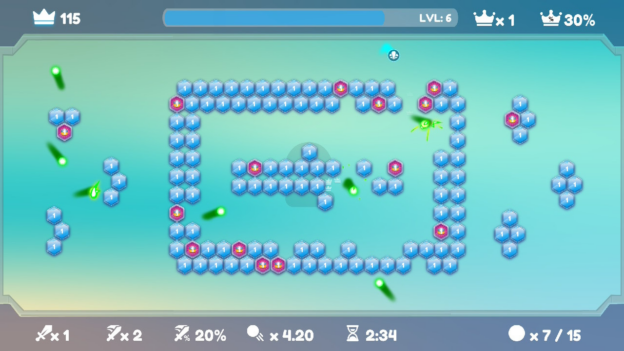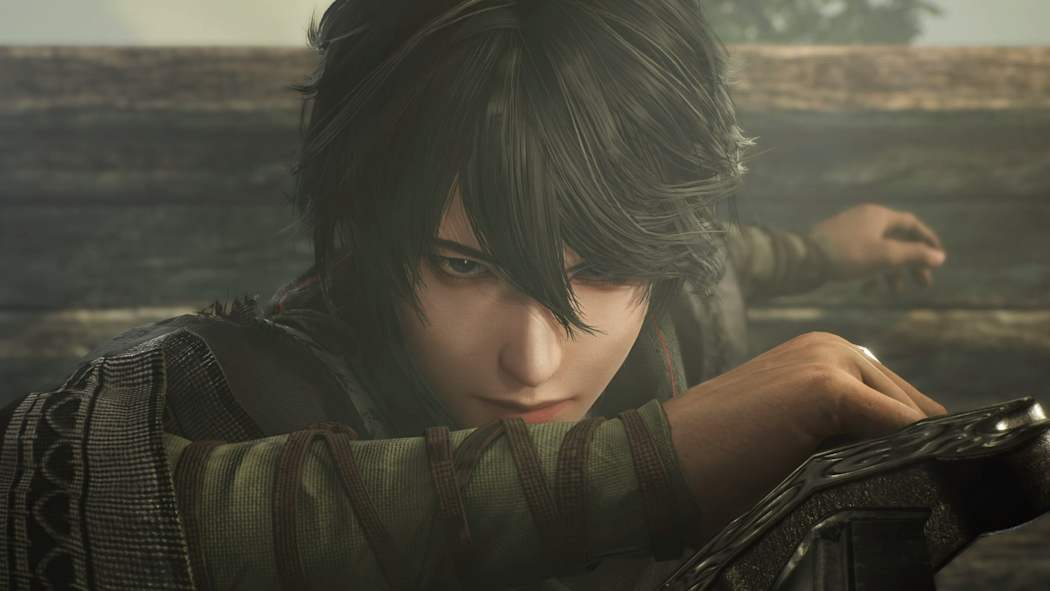Review: Highwater (Nintendo Switch) – Pure Nintendo

The latest installment in the Demagog Studio post-apocalyptic extended universe, Highwater is a hauntingly beautiful and provocative game that expands on the ravaged world introduced in Golf Club Wasteland and The Cub. This game takes place in the final moments before (some of) humanity managed to escape their ruined homeland to Mars.
A more story-driven game than the others in the series, Highwater follows Nikos and his ragtag group of friends as they attempt to find a way onboard the rocket headed for Mars. Nikos lives on his rubber dinghy, sailing between the few remaining scraps of land in a world decimated by floods. The gameplay is split into navigating around the drowned map and turn-based combat between you and those who stand in the way of the resources your community needs to survive.
The worldbuilding in Highwater echoes the other games in the series. You piece together the full story of how the world became so devastated through off-hand comments made by radio presenters playing through the story, as well as newspapers and books you find scattered around the world. Through the narrative, you focus on Nikos and the people he encounters.
You meet a wide variety of individuals who have all reacted to the apocalypse differently. The elites of Alphaville have given up on the mess made of planet Earth. Insurgents are furious that the Alphavillians would abandon the planet and so many people left stranded, and incite battles for vengeance. Small groups and even lone individuals exist in their own little worlds, with their own unique approach to surviving.
There is an enormous community of wholesome, hopeful people around Nikos. They support each other by sharing information and resources. Despite the general understanding that the planet is doomed, they resiliently get on with their day to day lives, raising a new generation to adapt.
You spend a brief amount of time with each person, getting enough of a glimpse into their lifestyle to understand their reaction to the world. They are all incredibly interesting and believably written, with distinct, memorable personalities. The short stretches with new people feel like you’re only scratching the surface of the true depth of the Highwater game world. It’s easy to be left wanting to explore more of the different paths people have taken—to question which avenue you might take under similar circumstances.
The combat is turn-based and requires you to creatively utilize the skills of the different characters journeying with you at the time of any given battle. You can also make use of various features of the environment that add an extra element to your strategy. It’s fairly easy to identify how you can generate an advantage for yourself in most battles, but they still provide a decent amount of challenge.
Initially, the turn-based structure can feel like it loses the urgency generated by the desperation of the narrative. However, this fades pretty quickly. The different types of enemies you face, the variety of environments in which you find yourself, and the ever-shifting makeup of your team results in a genuinely absorbing experience.
Between cutscenes and combat, you sail around the map, listening to the utterly stunning radio soundtrack, chatting to whoever is traveling with you, and watching Nikos reflect on his situation. Highwater is an incredibly introspective and provocative game. It questions the morality of choices you are forced to make when you are desperate. It directly challenges the decisions people with power and influence in the real world make every day, and prophesies a terrifying future.
Highwater ends ambiguously. As you make your way towards your final goal, there is a looming sense of dread about whether it will truly provide Nikos with the “happily ever after” he dreams of. He has left his friends behind in his bid for safety. Whispers in the background cast doubts on the promises made by the powerful. The story concludes still dripping with uncertainty.
The game, and the parallels it draws with reality, are hard to stop thinking about.








